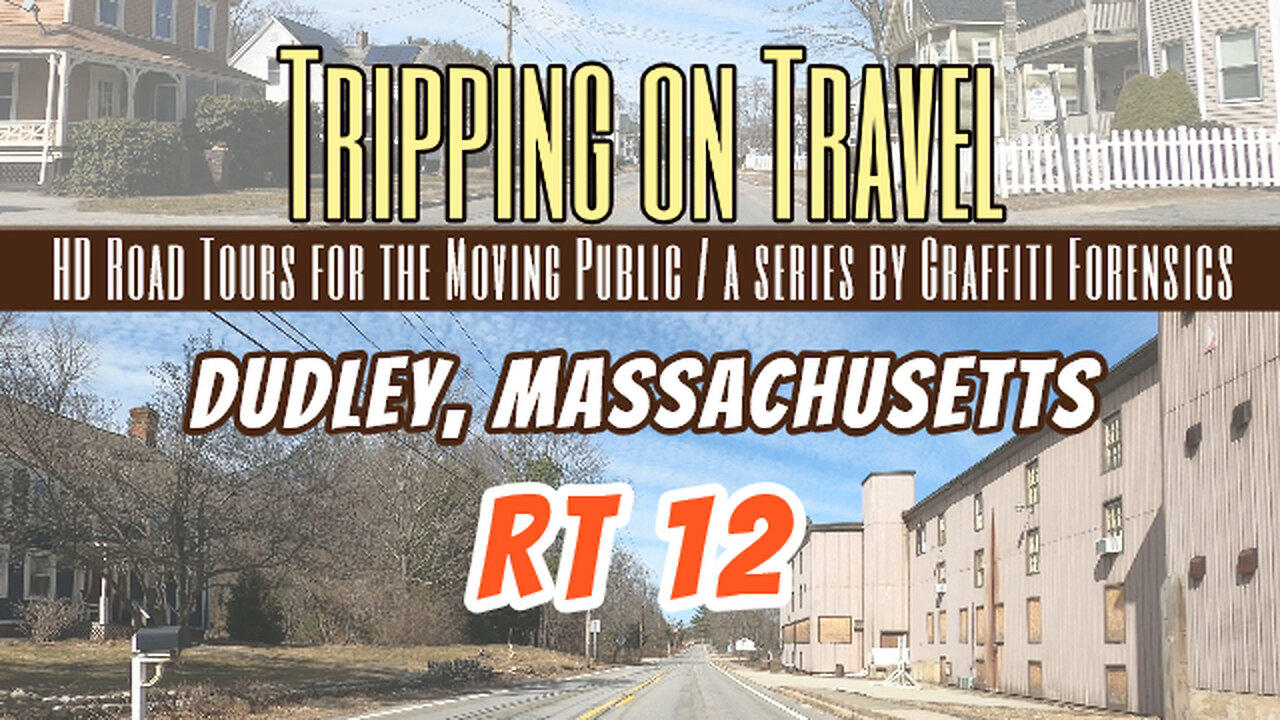
As is the case with many towns in New England, the origin of Dudley, Massachusetts is best reflected in a very old book about it's history.
Historian, Joshua Bates, explains in his 1853 book, that "Indeed, the preamble to the Act of the General Court, in- corporating the town, implies, that the petition for the Act, by the first settlers, was founded on a desire to enjoy the privileges of public worship, and maintain the preaching of the gospel to themselves and their families." That's the reality of many of the early European settlers of what is now New England.
They sought the freedom to worship God their way.
If not for some of the extremism of religious zealotry during those early centuries of European settlers, it would all seem rather benign in hindsight.
Bates continues, "It is certainly a dis- couraging fact, that this town is so situated with reference to the places of public worship in the adjoining towns, that several of our good inhabitants, who sympathise with the Congregational church here, and originally acted and worshiped with it, have been induced to change their church relation, and now go out of town to attend public worship." Bates also explains that when first incorporated, in the year 1732, Dudley's area was much larger, including a small part of what is now Southbridge, and a portion of what now constitutes the town of Webster.
"The French River received its name from a company of thirty families of Huguenots, who were driven from France by the repeal of the edict of Nantz, and permitted by the proprietors of Oxford, to settle near its banks, where they remained till they were dispersed by the Indians." Oxford is a nearby town.
The Huguenots were French Protestants who escaped Catholic persecution in France.
Despite what he does know, Bates is not sure about who Dudley was named after.
But he is sure it is named after someone in the Dudley family.
As for the indians who occupied the land prior to these settlements and colonies, well, all I know is their culture of beliefs, and their presence, is all but completely vanquished from the New England landscape, left with only the reservations they were herded into.
Who now occupies the land they use to live on, after centuries of European migration to the New World, and American growth and industry?
You know who.
And it's not the indians.
